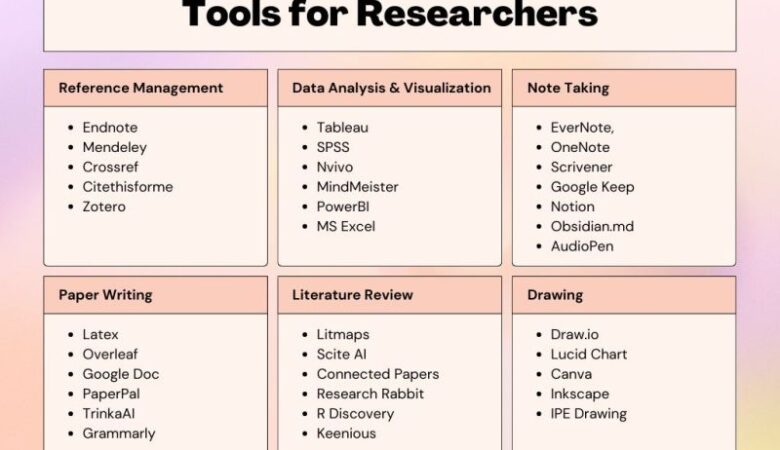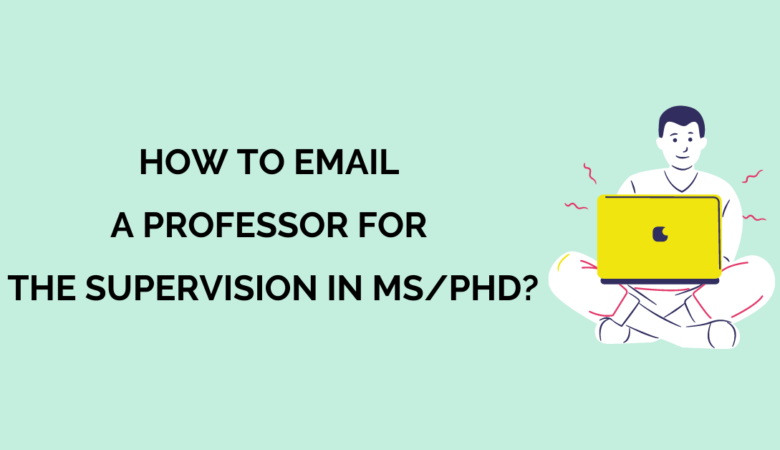In recent years, Germany has emerged as a top global destination for international students. While English-speaking countries like the USA, Canada, UK, and Australia remain popular, Germany’s unique combination of tuition-free education, world-class universities, and vibrant student life is drawing increasing numbers of scholars from all over the world.
Whether you’re aiming for a Bachelor’s, Master’s, or PhD, this comprehensive guide will show you how to study in Germany for free, navigate admissions, manage living costs, and make the most of your experience abroad.
Why Study in Germany for Free?
Tuition-Free at Public Universities
Germany’s public universities charge no tuition fees for both domestic and international students at the Bachelor and consecutive Master’s level. You pay only a nominal semester contribution (Semesterbeitrag) of €150–€350 covering administrative costs and public transport tickets.
High-Quality Education
German institutions rank among the world’s best in engineering, sciences, humanities, and more. Universities like Technical University of Munich (TUM) and Ludwig-Maximilians-University Munich (LMU) consistently feature in global top 100 lists.
English-Taught Programs
With over 1,500 English-taught courses, Germany removes the language barrier. Many Master’s and PhD programs are fully in English.
Strong Research and Innovation
Germany is a leader in R&D, offering cutting-edge labs, industry partnerships, and funding opportunities (e.g., DAAD scholarships, Deutschlandstipendium).
Central European Location
A German student visa grants you visa-free travel across the Schengen Area—perfect for weekend getaways to France, Italy, or Austria.
Germany’s Top Public Universities with Free Tuition
Here are just a few of the nearly 300 public universities where you can study in Germany for free:
| University | City | Notable Programs |
|---|---|---|
| Technical University of Munich (TUM) | Munich | Engineering, Computer Science, Medicine |
| Ludwig-Maximilians-University (LMU) | Munich | Humanities, Natural Sciences, Medicine |
| RWTH Aachen University | Aachen | Mechanical Engineering, Energy Systems |
| University of Cologne | Cologne | Economics, Law, Social Sciences |
| University of Münster | Münster | Education, Biology, Economics |
| University of Hamburg | Hamburg | Earth Sciences, Medicine, Law |
| FAU Erlangen-Nürnberg | Erlangen | Electrical Engineering, Medicine |
| Goethe University Frankfurt | Frankfurt | Finance, Psychology, Social Sciences |
| Ruhr University Bochum | Bochum | Physics, Geology, Psychology |
| Humboldt University of Berlin | Berlin | Arts, History, Social Sciences |
Pro Tip: Always verify on the official university website for the most current information on tuition, semester fees, and program availability.
Exceptions: When You Might Pay Tuition in Germany
While public universities are generally tuition-free, there are a few exceptions:
Private Universities
Around 100 private institutions charge tuition—often on par with UK or US fees—but may offer more specialized or niche programs.
Non-Consecutive Master’s Programs
Master’s degrees that require prior work experience (non-consecutive) may charge tuition, even at public universities.
State-Specific Fees
The state of Baden-Württemberg charges €1,500/semester for non-EU/EEA students at public universities in cities like Stuttgart, Mannheim, and Freiburg.
Second Degrees (“Zweitstudium”)
If you pursue a second Bachelor’s or Master’s in a different field, some states levy €500–€650/semester.
How to Apply: Step-by-Step Guide
- Choose Your Program & University
- Use portals like DAAD’s “Higher Education Compass” or myuniversity.de to compare programs. Filter by tuition-free and English-taught.
- Check Admission Requirements
- For Bachelor’s: University entrance qualification (e.g., Abitur or recognized equivalent) and language proof (German or English depending on program).
- For Master’s: Certified Bachelor’s degree, transcripts, CV, motivation letter, recommendation letters, and language certificates (TOEFL/IELTS or TestDaF/DSH).
- Apply via Uni-Assist or Directly
- Many universities use Uni-Assist (uni-assist.de) for international applications. Others accept direct applications through their own portals.
- Language Proficiency
- German-taught courses: TestDaF (≥TDN 4) or DSH (≥DSH-2).
- English-taught courses: TOEFL iBT (≥80) or IELTS (≥6.0).
- Submit Required Documents
- Passport copy
- Passport-style photo
- School/University transcripts (officially translated)
- CV (Europass format recommended)
- Motivation letter/Statement of Purpose
- Letters of Recommendation (for Master’s/PhD)
- Await Admission Letter
- Processing times range from 4–12 weeks.
- Apply for Student Visa
- Once admitted, apply at the German embassy/consulate for a student visa. You’ll need proof of finances (e.g., blocked account with €11,208/year) and health insurance.
Financing Your Stay: Beyond Tuition
Although tuition is free, you must budget for living expenses:
| Expense | Monthly Estimate (€) |
|---|---|
| Accommodation (shared flat) | 300–500 |
| Groceries & Food | 200–300 |
| Health Insurance | 80–100 |
| Public Transport (semester pass included in fees) | FREE |
| Utilities & Internet | 100–150 |
| Miscellaneous | 100–200 |
| Total | 780–1,250 |
Tip: Look for student residences (Studierendenwerk) for discounted housing. Many cities also have “WG-Gesucht” for shared apartments (Wohngemeinschaften).
Scholarships & Stipends to Supplement Living Costs
Even with free tuition, you may need extra funds. Consider:
Deutschlandstipendium: Merit-based €300/month stipend.
DAAD Scholarships: For Master’s, PhD, and research stays.
Erasmus+: For exchange semesters within Europe.
Heinrich Böll Foundation, Konrad Adenauer Foundation, etc.: Political foundations offering full scholarships.
Pro Tip: Apply early, as many scholarships have deadlines in autumn for the following academic year.
Student Life in Germany
- Part-Time Work: Up to 20 hours/week during term and full-time in vacations.
- Internships: Highly encouraged, especially in STEM and business fields.
- Cultural Integration: Join student clubs (Sport, Music, Debate) to build your network.
- Language Learning: Even if your program is in English, learning basic German (A1-B1) boosts your social and work prospects.
Post-Study Opportunities
- 18-Month Job Search Visa: After graduation, non-EU students can stay up to 18 months to seek employment.
- Blue Card: Work permit for high-skilled professionals earning above a threshold (€56,800 in 2025; €44,304 for STEM roles).
- Permanent Residency: After 5 years of legal residence (or 2 years with a Blue Card).
Germany not only offers tuition-free education, but also clear pathways to launch your career in Europe’s largest economy.
Conclusion: Your Path to Tuition-Free Education in Germany
Germany stands out as a premier destination for ambitious students worldwide. Its tuition-free public universities, exceptional academic quality, and post-study opportunities make it an unbeatable choice.
By following this guide—choosing the right program, mastering the application process, budgeting for living costs, and exploring scholarships—you’ll be well on your way to study in Germany for free in 2025.
Ready to start your German adventure? Explore programs at the DAAD Higher Education Compass and take the first step toward an affordable, world-class education!







l study in Germany
I want to study in Germany 🇩🇪. please 🙏 you help me to I can come there for a best study
Thanks